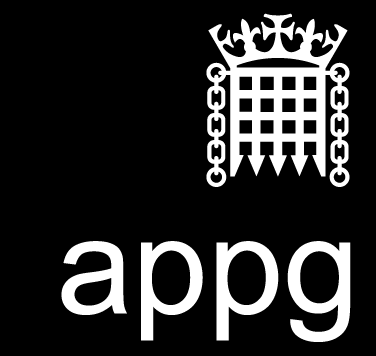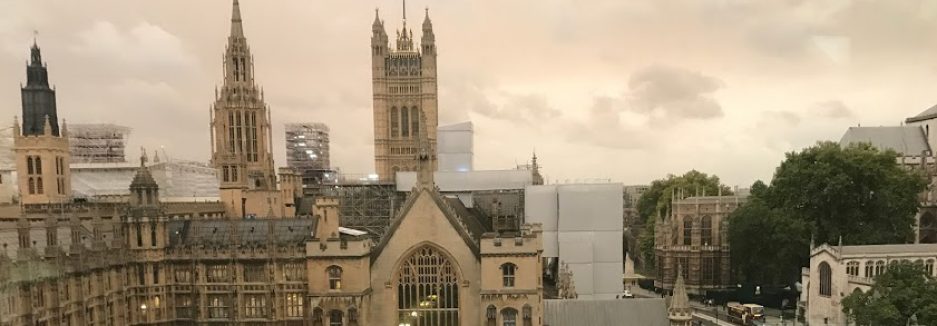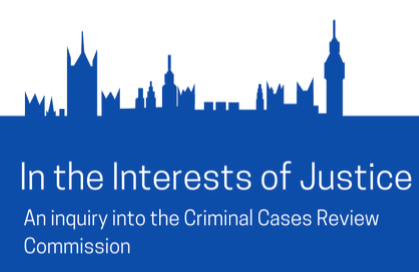The Westminster Commission on Miscarriages of Justice was established by the All-Party Parliamentary Group on Miscarriages of Justice (APPGMJ) with a brief to investigate the ability of the criminal justice system to identify and rectify miscarriages of justice.
It has now concluded its work and published its report – In the Interests of Justice. The report is available in full here.
Suggested citation:
Westminster Commission on Miscarriages of Justice, In the Interest of Justice: an inquiry into the Criminal Cases Review Commission (5 March 2021), available at https://appgmiscarriagesofjustice.files.wordpress.com/2021/03/westminster-commission-on-miscarriages-of-justice-in-the-interests-of-justice.pdf)
The Westminster Commission on Miscarriages of Justice is co-chaired by two members of the APPGMJ: Baroness Stern and Lord Garnier QC.
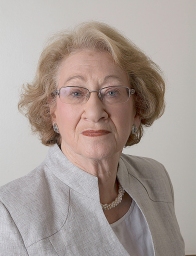
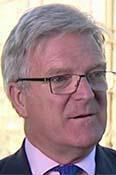
Baroness Stern CBE is a cross-bench member of the House of Lords and President of the Association of Members of Independent Monitoring Boards. Formerly the Solicitor General, the Rt Hon. Lord Garnier QC is a Conservative Member of the House of Lords and practising barrister.
Joining Baroness Stern and Lord Garnier as members of the Commission are Dame Anne Owers, National Chair of Independent Monitoring Boards and former Chief Inspector of Prisons; Michelle Nelson QC, Barrister at Red Lion Chambers; Dr Philip Joseph, Consultant Forensic Psychiatrist; and Erwin James, Editor-in-Chief of Inside Time.
If you require any further information, please contact the Clerk to the Westminster Commission at alex@appeal.org.uk.
Oral evidence
The Westminster Commission on Miscarriages of Justice held its first session on 15 July 2019 in the House of Lords. The panel heard evidence from Helen Pitcher, Chair of the CCRC, and Karen Kneller, Chief Executive of the CCRC. The transcript of the first session is available here.
The second evidence session was held on 24 July. The Commission heard from Gerard Sinclair and Chris Reddick, representing the Scottish CCRC, and experienced criminal barristers Michael Birnbaum QC, Henry Blaxland QC, and Kirsty Brimelow QC. The transcript of the Scottish CCRC’s evidence is available here. The barristers’ evidence is available here.
The third session took place on 3 September, with the WCMJ hearing evidence from Professor Carolyn Hoyle (author, with Dr Mai Sato, of Reasons to Doubt (OUP 2019)) and Dr Dennis Eady, case consultant at Cardiff Law School Innocence Project. The transcript of this session is available here.
The fourth session took place on 9 September. The WCMJ received evidence from defence solicitors Steven Bird, Matt Foot, and Mark Newby. The transcript of the session is available here.
Written evidence
Written evidence submissions suitable for publication are available here.
